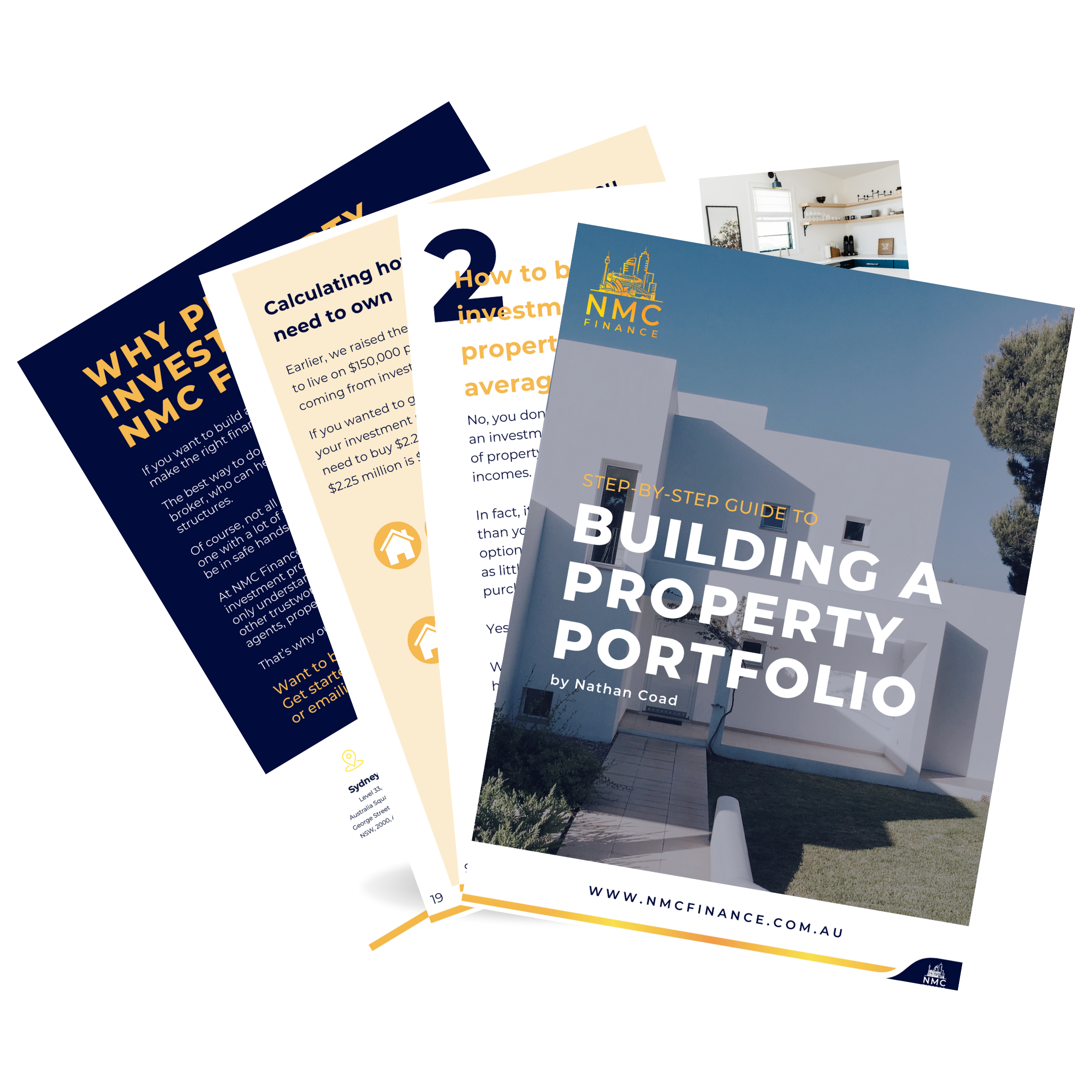You’ve no doubt heard that interest rates are rising.
Over the past few months, the Reserve Bank has been increasing the cash rate, taking it from a record-low 0.10% in May to 1.85% in August, with further increases all but certain.
As the Reserve Bank has been increasing the cash rate, home loan lenders have been increasing their mortgage loan rates.
But while you probably know the cost of borrowing has been increasing, you mightn’t realise this makes it harder to qualify for a large house loan – indeed, to be eligible for any loan at all.
Obviously, the more expensive mortgages become, the fewer people can afford one. That’s why every rate rise removes a small percentage of borrowers from the market.
The more common outcome when rates rise is that most borrowers can still qualify for a home mortgage, but a smaller one. To understand why consider these two hypothetical loans:
- Loan A = $711,000 loan, with a 30-year term, at 3.00% interest
- Loan B = $500,000 loan, with a 30-year term, at 6.00% interest
Both loans have identical repayments – $2,998 per month.
In other words, every time rates go up; your maximum loan size goes down.
There’s one more thing you might not realise. When you apply for a loan, the lender doesn’t assess your repayment capacity at the loan’s actual interest rate (e.g. 4.15%); it assesses your capacity at the loan’s actual interest rate plus at least 3.00 percentage points (e.g. 7.15%). That’s because the lender wants to know you could still afford to repay the loan if interest rates increased.
The buffer used to be 2.50 percentage points, but it was increased in late 2021.
In other words, your borrowing capacity falls every time the Reserve Bank increases the cash rate (and mortgage lenders pass on the hike).
Why it’s so important to use a mortgage broker
If you want to buy a property, there are several things you can do in response – the most important of which is to find a mortgage broker.
That’s because each lender uses its own unique formula for assessing mortgage applications, so your borrowing capacity can vary widely from institution to institution – by more than $100,000 in some cases.
A home loan mortgage broker will not only have relationships with a wide variety of lenders but will also know the different policies at each one. So your broker can recommend lenders that are more likely to approve your loan and give you a larger loan.
How to increase your borrowing capacity
Another way to increase your borrowing power is to grow your income, whether through getting a raise, doing extra shifts or starting a side hustle.
You can also increase your borrowing power by reducing your expenses, which will have the added benefit of helping you save a deposit faster.
Speaking of deposits – the larger your deposit, the more you’ll be able to borrow. Check out our article on 4 simple ways to save for a home deposit.
You might be surprised to learn that cutting up your credit card will also improve your borrowing capacity. That’s because even if you pay off your entire credit card bill each month, lenders will assume you will use most of your monthly credit limit, meaning you’d have less money for mortgage repayments.
That’s why paying off debts – such as credit card debt, personal loans and car loans – can also improve your borrowing capacity because the less debt you have, the more money you could devote to mortgage repayments.
Another way to increase your borrowing capacity is to improve your credit score. The higher it is, the more likely you are to be approved for a loan, as well as a larger loan and a lower-rate loan.
NMC Finance is an experienced finance broker who can help you maximise your borrowing capacity. To discuss your options, contact Nathan Coad on nathan.coad@nmcfinance.com.au or 0498 766 639.
* This blog is intended for general informational purposes only. For personalised advice tailored to your unique financial situation, please contact NMC Finance.

